Introduction
Have you ever heard of a fruit called mangosteen? It might sound exotic and mysterious, but it’s a wonderful fruit often called the “Queen of Fruits.” Mangosteen is delicious and packed with nutrients that are great for your health. Let’s dive into the world of mangosteen and discover why this tropical fruit is so special!
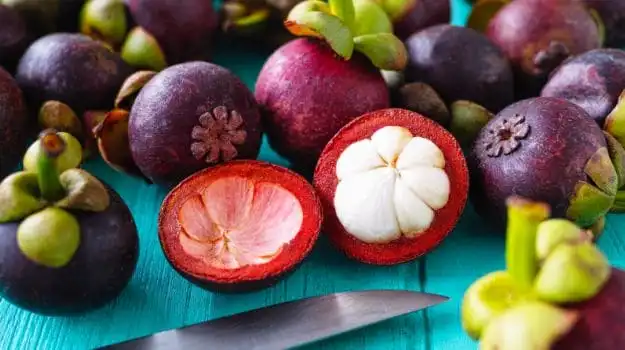
What is Mangosteen?
Mangosteen is a fruit that comes from a tropical evergreen tree known as Garcinia mangostana. This tree grows mainly in Southeast Asia, including Thailand, Malaysia, and Indonesia. The fruit is round and about the size of a small apple, with a thick, purple rind and juicy, white segments inside. These segments are the edible part of the fruit and taste sweet and slightly tangy.

A Brief History
Mangosteen has been enjoyed for centuries in Southeast Asia and is often mentioned in traditional medicine and folklore. For a long time, mangosteen was not widely known outside its native region, but today, it’s gaining popularity worldwide for its unique taste and health benefits.
The Taste of Mangosteen
Imagine a fruit that combines the sweetness of a peach, the tanginess of a strawberry, and a hint of citrus. That’s what mangosteen tastes like! It’s juicy and refreshing, making it a perfect treat on a hot day. The white segments inside are the parts you eat; they are soft and melt in your mouth.
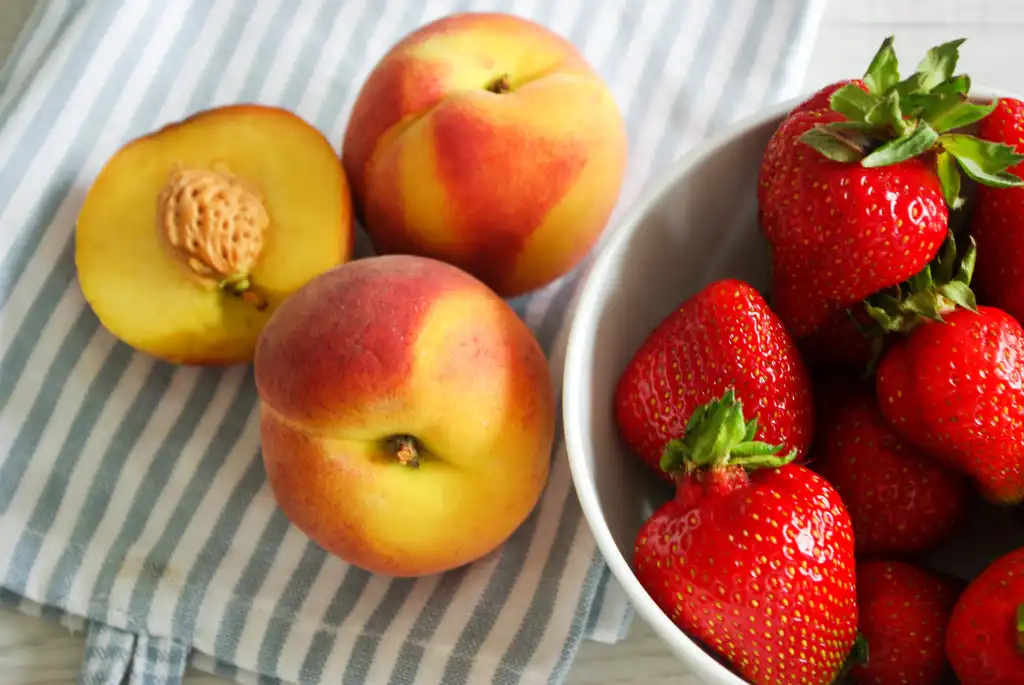
Health Benefits of Mangosteen
Mangosteen is not just tasty; it’s also packed with nutrients that are good for you. Here are some of the health benefits of eating mangosteen:
1. Rich in Antioxidants
Mangosteen is full of antioxidants, especially a type called xanthones. Antioxidants help protect your cells from damage and keep your body healthy.

2. Boosts Your Immune System
This fruit is also rich in vitamin C, which is important for a strong immune system. Eating mangosteen can help you fight off colds and other illnesses.

3. Supports Healthy Skin
The antioxidants in mangosteen can help keep your skin looking youthful and radiant. They protect your skin from damage caused by the sun and pollution.

4. Good for Digestion
Mangosteen has fibre, which is good for your digestion. Eating enough fibre helps keep your stomach and intestines healthy.

5. Anti-Inflammatory Properties
Some studies suggest that mangosteen may have anti-inflammatory effects. This means it can help reduce inflammation in your body, which is linked to many chronic diseases.

How to Eat Mangosteen
Eating mangosteen is easy and fun. Here’s how you can enjoy this delicious fruit:
- Choose a Ripe Mangosteen: Look for a fruit with a dark purple rind. It should feel firm but slightly soft to the touch.
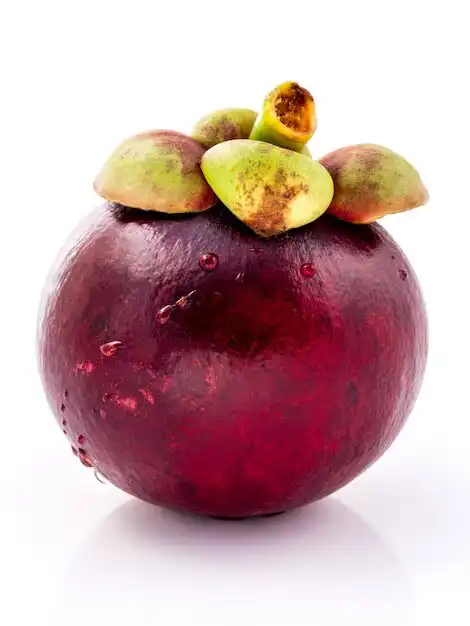
- Open the Fruit: Hold the mangosteen in your hands and gently squeeze until the rind cracks. You can also use a knife to cut around the middle and then twist to open it.
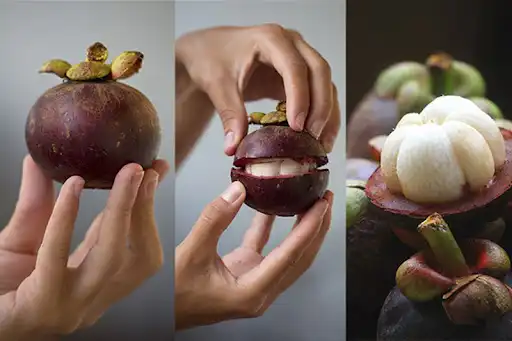
- Remove the Segments: Inside, you’ll find several white segments. Carefully remove these and discard any seeds you find.
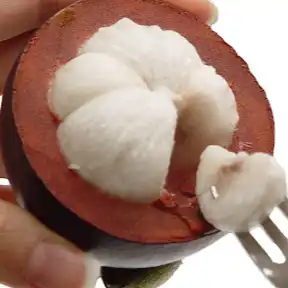
- Enjoy: Pop the segments into your mouth and enjoy the sweet, juicy flavour!

Fun Facts About Mangosteen
- Queen of Fruits: Mangosteen is often called the “Queen of Fruits.” There’s a legend that Queen Victoria of England offered a reward to anyone who could bring her fresh mangosteen.

- No Relation to Mango: Despite the similar name, mangosteen is not related to mango. They are completely different fruits.
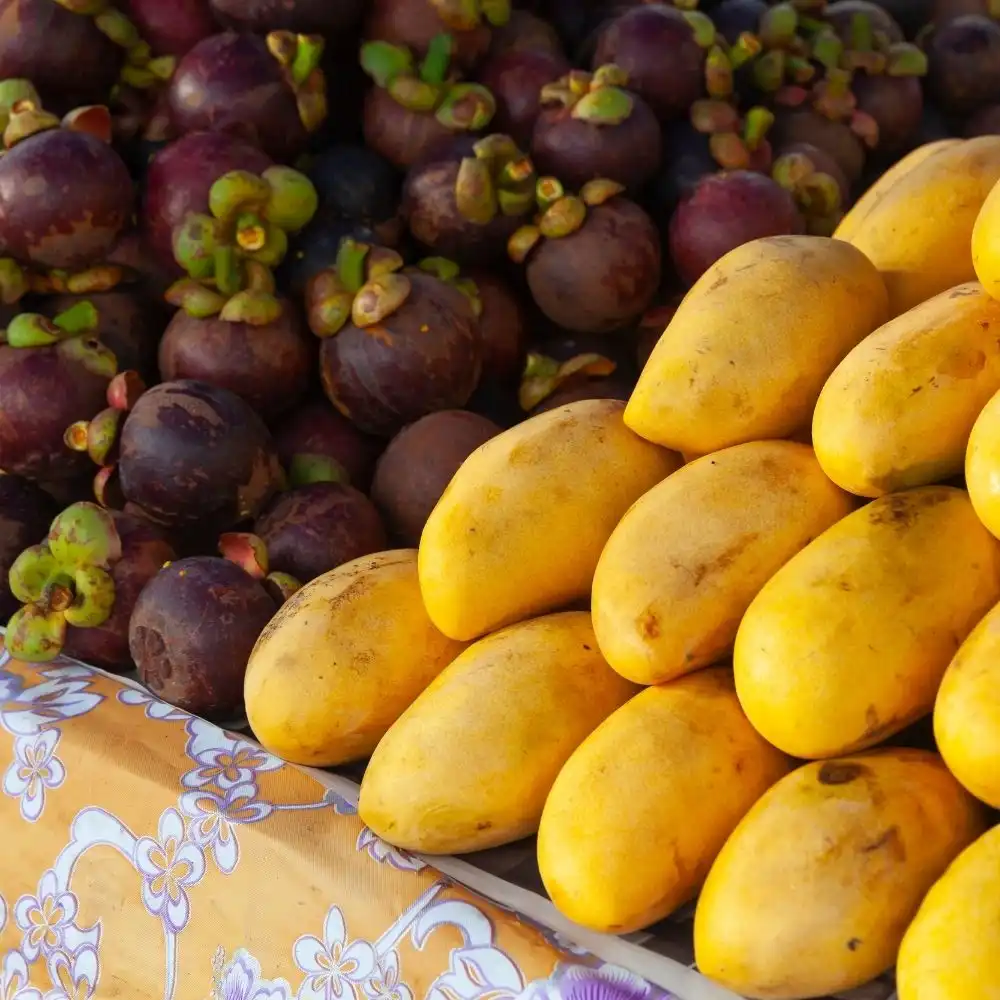
- Delicate Nature: Mangosteen is very delicate and doesn’t travel well, so it can be hard to find fresh mangosteen outside of tropical regions.
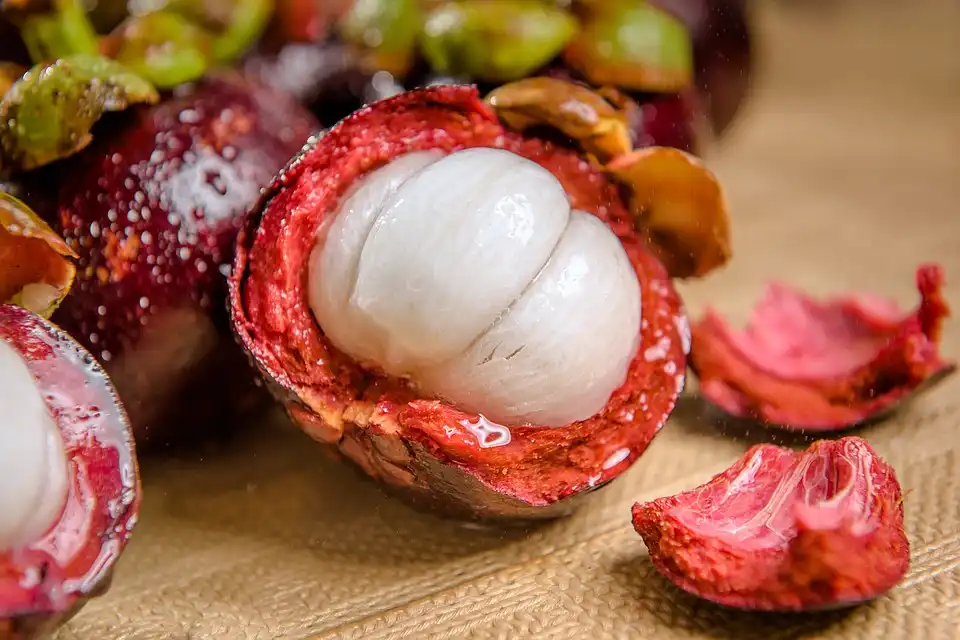
Growing Mangosteen
Mangosteen trees are quite special. They need a tropical climate with lots of rainfall and warm temperatures. The trees can grow up to 25 meters tall and bear fruit after about 10 years. Because of their specific growing conditions, mangosteen is mainly found in Thailand, Malaysia, Indonesia, and the Philippines.

Mangosteen in Traditional Medicine
In traditional medicine, especially in Asia, mangosteen has been used for its health benefits for a long time. The rind and the fruit are believed to help with various health issues, such as skin infections, wounds, and digestive problems.
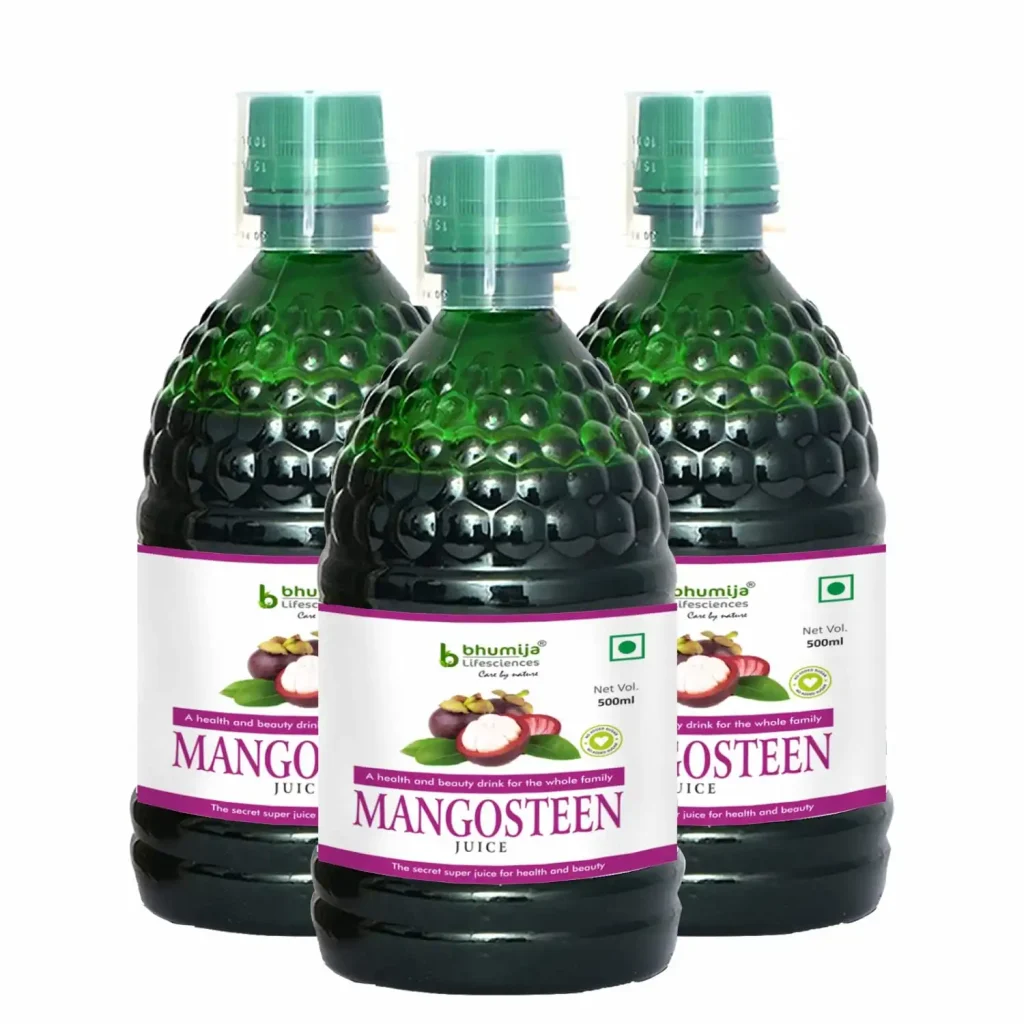
Ayurveda and Mangosteen
In Ayurveda, an ancient Indian system of medicine, mangosteen is valued for its cooling properties. It’s often used to help balance the body’s energies and to treat conditions like diarrhoea and dysentery.
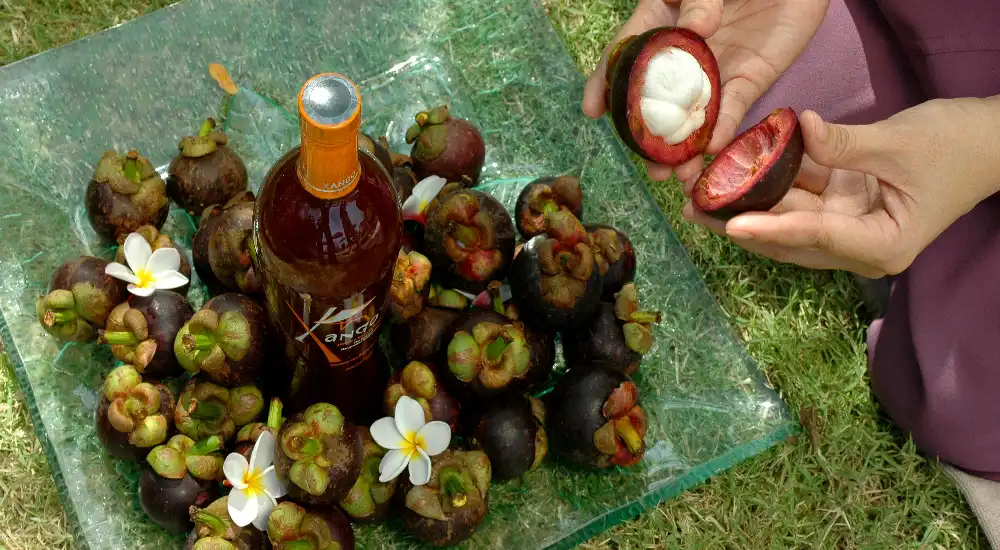
Mangosteen Products
Because fresh mangosteen can be hard to find in some places, many products made from it are available on the market. These include mangosteen juice, supplements, and dried mangosteen. These products make it easier for people worldwide to enjoy this amazing fruit’s benefits.

Conclusion
Mangosteen is truly a marvellous fruit. With its delicious taste and numerous health benefits, it’s no wonder it’s called the “Queen of Fruits.” Whether you enjoy it fresh, as a juice, or as a supplement, mangosteen is a tropical treasure that can be a tasty and healthy addition to your diet. So next time you see this exotic fruit, try it and discover its delightful flavour for yourself!
For more interesting articles, please visit www.kidzherald.com





